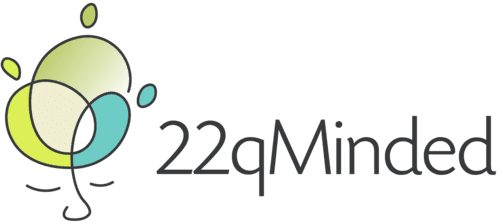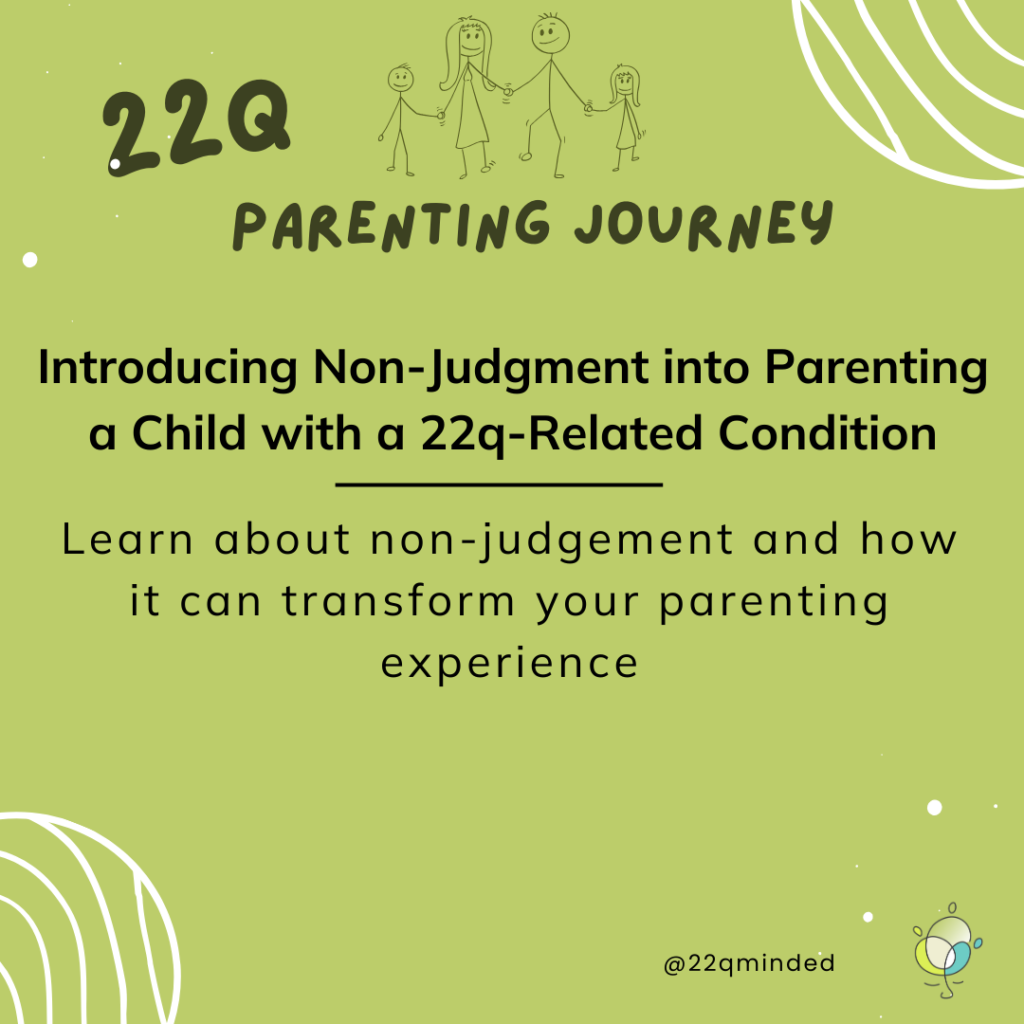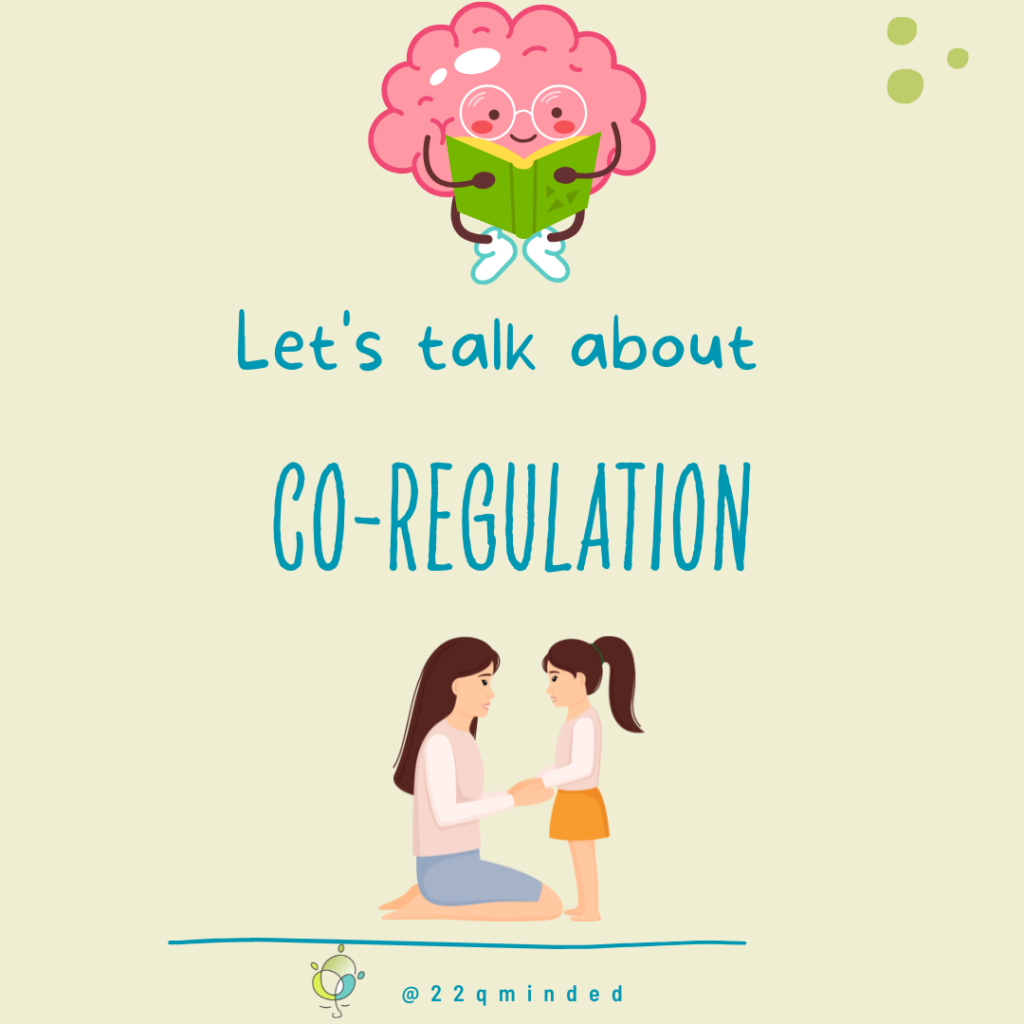What is it?
Learning is essential for human development and survival, rooted in our ancestors’ need to adapt and thrive. Early humans had to learn to find food, build shelter, and protect themselves, passing on knowledge for survival. Our brains developed to acquire new skills and information.
Even though modern challenges differ, our brains still adapt, enabling us to learn from experiences and the world around us. This ongoing learning process helps us navigate life, solve problems, and make informed decisions.
How do we learn?
We learn through experience, observation, and practice. Our brains are wired to absorb information from our surroundings, allowing us to adapt and grow. When we encounter new situations, our brain processes and stores this information, creating connections that help us understand and remember. By watching others and mimicking their actions, we gain new skills. Practice then reinforces this knowledge, helping us improve and adapt continuously.
What else?
Environmental and physical issues can greatly affect learning. Noise, poor lighting, and uncomfortable seating can distract and hinder concentration. Physical health problems, like chronic pain or fatigue, can impact focus and retention.
Lack of access to resources and an unstable home environment can add stress and reduce learning time. Creating a comfortable, resource-rich, and supportive environment can significantly enhance the learning experience.
Learning difficulties
Some people learn easily, others can find it a bit trickier. We also learn things differently, some people learn by listening, others by watching and yet others by doing. People are also good at learning certain things better than other things.
Learning difficulties can make the learning process more complex. These challenges are sometimes related to conditions like ADHD, anxiety, executive differences, sensory differences, intellectual disabilities, or specific learning disorders.
What about 22q?
From research, we know that academic and social learning can be difficult for people with 22q-related conditions. It is important to understand the unique needs of each individual to better support them in their learning. This will require a broad understanding of their physical, psychological and social needs – often a bit of ‘detective’ work is required.
Learning in 22q-related conditions can be affected by various factors. Cognitive differences, such as difficulties with memory, attention, and problem-solving, are common. Speech and language delays can also impact communication and learning at school.
What can help?
Supportive interventions, including tailored educational plans, speech therapy, and behavioural support, are crucial in helping individuals with 22q-related conditions to reach their full learning potential.




